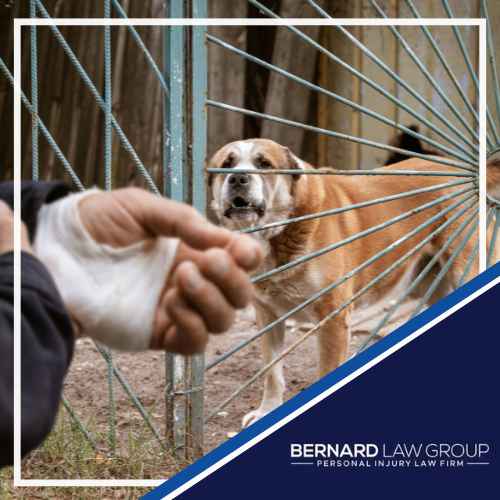The coronavirus lockdowns implemented across the country had a series of different effects. Many had to take their work home while others had to learn a whole new skill, turning into teachers after schools were ordered to close. But despite the many inconveniences of having to stay home for several weeks, many of us found a way of filling up our time with constructive food activities. According to YouTube, many online users began to look into sharpening their cooking skills, with a large number of users in the U.S. and across the globe looking into learning how to make sourdough bread.
Beginning in March, YouTube explained in its audience analysis, the world began to look up tutorials on how to bake bread. And while that is an interesting and probably useful skill to have, few tutorials stressed the importance of proper handling of flour to avoid food poisoning.
The reality is that flour is made of wheat, a type of grass grown in fields that are often exposed to insects and wildlife. According to the Food and Drug Administration, if animals such as rodents or birds “[heed] the call of nature in the field, bacteria from the animal waste could contaminate the grain, which is then harvested and milled into flour.”
Over the years, we learned of many food poisoning incidents involving contaminated flour. The most recent being in 2019 and involving 21 people from 9 states who fell ill after being exposed to flour that had been contaminated with E. coli. Many of the victims included children and the elderly. Thankfully, officials reported no deaths.
Avoid Food Poisoning While Handling Flour With These Safety Tips
When it comes to food safety, there are certain steps you can take to avoid flour-related contamination.
As many Washingtonians continue to quarantine or to spend most of their days doing their work from home, we can expect to continue seeing a spike in the number of people looking into baking tutorials.
In order to avoid contamination and keep your family safe, never eat raw cookie dough, batter, cake mix, or other types of dough that haven’t been cooked yet.
Wash your hands with warm water and soap both before and after handling flour, and make sure all work surfaces and utensils are thoroughly cleaned after preparing flour-related food items.
Avoid cross contamination by separating cooked and raw ingredients and remember, flour can easily spread due to its light, powdery nature.



